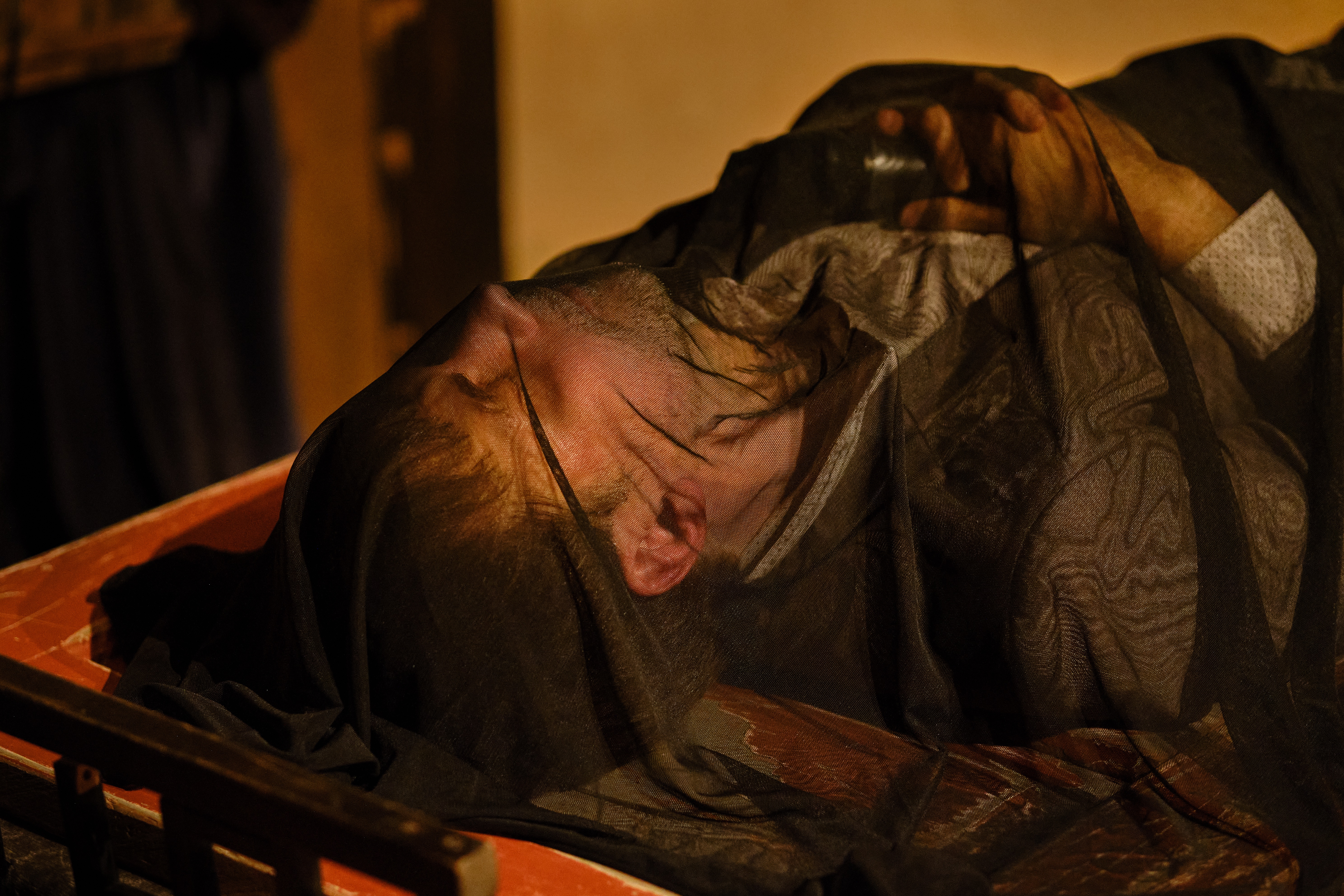
An Introduction
Will You Miss Me? A Dossier on The Hinterlands
I first became acquainted with The Hinterlands, formed in 2009 by Liza Bielby and Richard Newman, when I saw their play The Radicalization Process in 2016 at Play House in Detroit. The performance that night kind of blew my mind. It crackled with political and aesthetic intelligence. I could not believe how directly it spoke to things I had already been thinking about. What particularly struck me was the way that their juxtaposition of the political experiences of the Weather Underground, archival references to the League of Revolutionary Black Workers, method acting, and The Living Theater’s version of Antigone made present the aesthetic power of political events and commitments from the past. Here, I thought, political commitment was not only about political ideas and beliefs, though it was certainly about those things. But it was also about being affected through your senses and your feelings, where questions of form and method and performance are fundamental. In any case, after seeing The Radicalization Process, I immediately became The Hinterlands biggest fan.
Over the years I got to know Liza and Richard, and I always learn a lot and laugh a lot when I have conversations with them. So I was delighted to get a chance to talk with them about their new work which premiered in fall 2022, Will You Miss Me?
The chief conceit of Will You Miss Me? is that the audience is attending a funeral for someone named Blaine. It opens with a Preacher (Richard Newman) and a woman named Faith (Liza Bielby) singing a song of mourning. Eulogies are delivered. Another woman, Remy (played by Jenna Kirk, the third member of The Hinterlands), literally stumbles into the scene, drawn in by the songs, and we learn that she cannot remember her past. During a somewhat raucous scene of singing and dancing, Blaine’s body falls on the ground and we realize that it is a dummy. “We prefer effigy,” the preacher avers. It comes out that the Preacher, Faith, and a third mourner, Huarwar (Livia Chesley) have been celebrating a funeral every day. It “gives us purpose,” the Preacher explains. The funeral resumes, now overtly for an effigy, who sits, for a time, in a chair. As we listen to a series of fascinatingly strange and moving songs and learn more about Blaine (who came to Detroit from Appalachia to work in the factories), the scope of the mourning gradually expands, and we may start to wonder: Who exactly is this funeral for? What is this effigy an effigy for? Perhaps, as The Hinterlands suggest (on their website), it is for whiteness itself—an effort to consider what came before its construction, and what might follow if it is possible to somehow leave it behind. In staging this ongoing funeral, the performance encourages us to consider what mourning is, anyway. Is it even possible or desirable to leave losses in the past? How exactly does one do that? How are songs important to the process of mourning? And is there something about the particular historical juncture we find ourselves in these days that produces a need to mourn?
–Jonathan Flatley
Will You Miss Me? at Play House. Photo by Paul Biundo